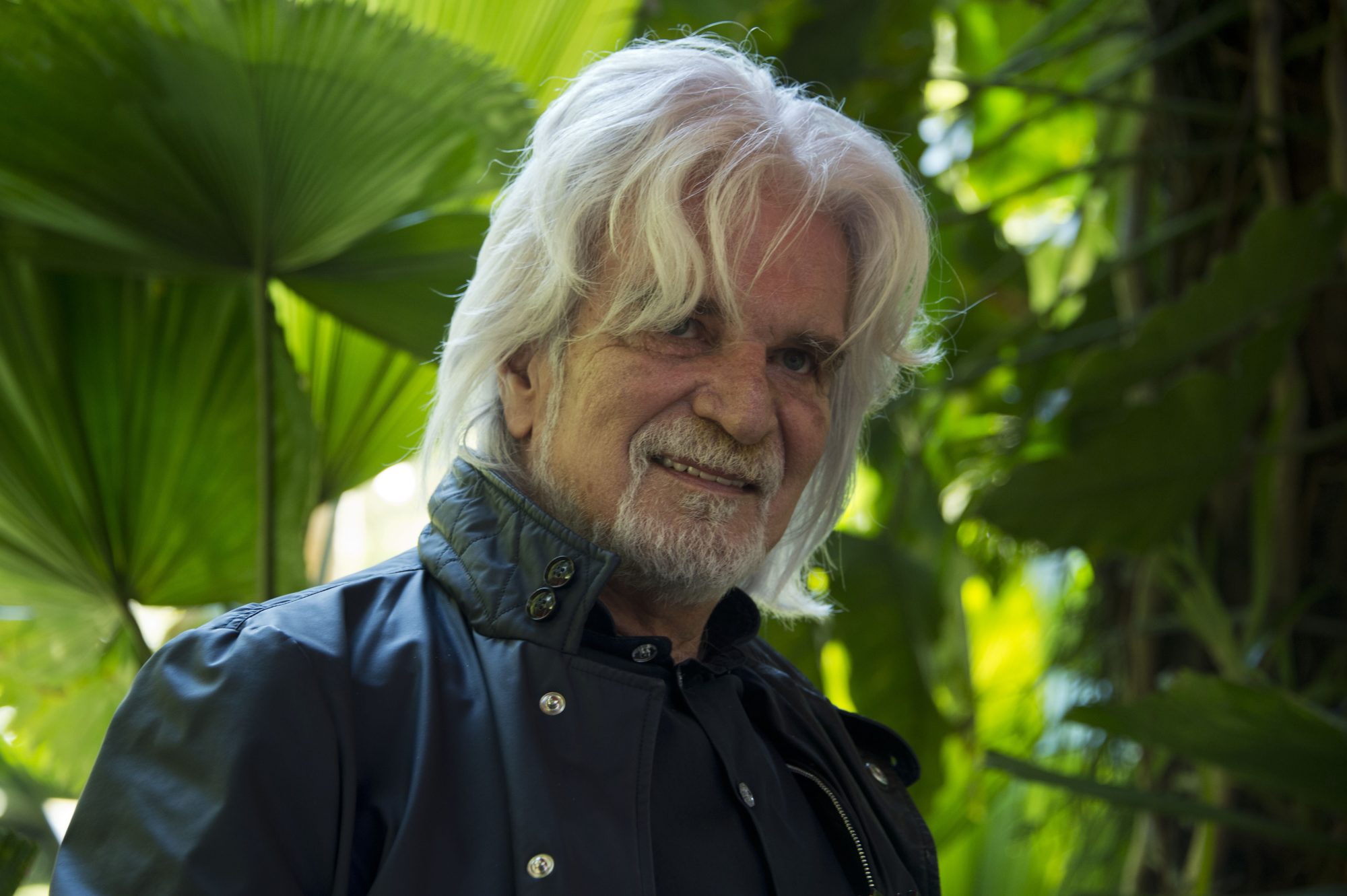
Bernardo Paz, a renowned art collector and founder of one of Brazil’s most famous museums, Inhotim, has been sentenced to nine years and three months in jail for tax evasion, according to reports in the New York Times and Folha De S.Paulo. He is accused of siphoning off a portion of the more $90 million raised overseas for his vast cultural center—which features major works by Yayoi Kusama, Anish Kapoor, and Olafur Eliasson, among others—to fund his other companies.
The ruling from federal judge Camilo Franco e Silva Velano was handed down in September but only disclosed last week by the public prosecutor’s office, according to reports. Paz’s sister, Maria Virginia de Mello Paz, was also found guilty of the same charges and received a lesser sentence of five years and three months. Paz claims he is not guilty.
The Inhotim Centre for Contemporary Art in Brumadinho, Brazil. Photo courtesy of the Inhotim Centre.
“Bernardo Paz is innocent,” Marcelo Leonardo, the attorney for Paz and his sister, told artnet News. “The sentence is unfair.” He said that he has already filed an appeal with the court, “where we hope to see that the decision will be reversed.” The case, he claims, relates to the mining and steel companies in which Paz was a partner; the charges “have no relation to Inhotim.”
According to the Times, individuals convicted of white collar crimes in Brazil usually remain free until the conviction is upheld by at least one appeals court.
Some in the art world are coming to Paz’s defense. “So many people, particularly in the art world, have risen up in outrage and are claiming that this is a political act and not a legal fact,” Allan Schwartzman, a longtime advisor to Paz and the creative director of Inhotim, told artnet News.
Schwartzman, who co-founded Art Agency Partners and is now co-leader of the Fine Art division at Sotheby’s, worked with Paz for nearly 14 years. “I know him to be a man of great integrity and commitment to creating and sustaining a museum and botanical park that serves its content and public for the greatest public good,” he said. “This is a man of all positive intent.”
Paz and his sister are charged with laundering money that belonged to their companies, including concealing the origin and nature of revenues obtained through pension fraud from 2007 to 2008. During that time, Paz was the owner of a conglomerate known as Itaminas, which was made up of nearly 30 companies in the mining and steel business.
One of the companies that drew the attention of the Council for Financial Activities Control was Horizontes Ltda, which was responsible for managing donations made by other companies to the Inhotim Institute. The prosecutor’s office said the company took $95 million in donations made to the institute and moved it to other companies owned by Paz, according to a report in Folha De S.Paulo.
In a statement, a representative from Inhotim maintained that the organization had done nothing wrong. “Inhotim would like to make clear that it is a non-profit institution… independent of the companies of Bernardo Paz,” the representative said. The statement continued:
In order to carry out its socio-educational programs and maintain its botanical and artistic collections, the Institute is financed through direct contributions by individual patrons as well as foundations, with the support of the Federal and State Law of Incentive to Culture.
Inhotim would like to underscore that all its accounts are public and undergo careful review by the Ministry of Culture in addition to being rigorously audited by the British company Ernst & Young—both on an annual basis.
The Inhotim Institute remains committed to its partners and the surrounding community in the unceasing pursuit of human development through art and botany.
Paz first conceived Inhotim in the mid-1980s. Over the next several decades, he transformed a parcel of private land into one of the most important collections of contemporary art in the world as well as home to a world-class botanical collection that contains species from every continent.
The institution, which houses pavilions dedicated to work by individual artists, became a new, highly influential model for private museums around the world. Artists with work in Inhotim’s collection include Brazilian artists such as Hélio Oiticica and Adriana Varejão (Paz’s ex-wife) as well as international names like Matthew Barney and Chris Burden.